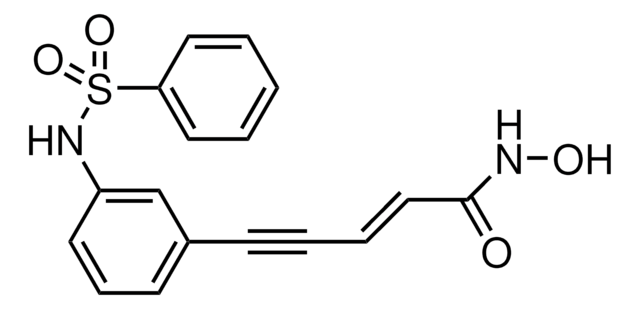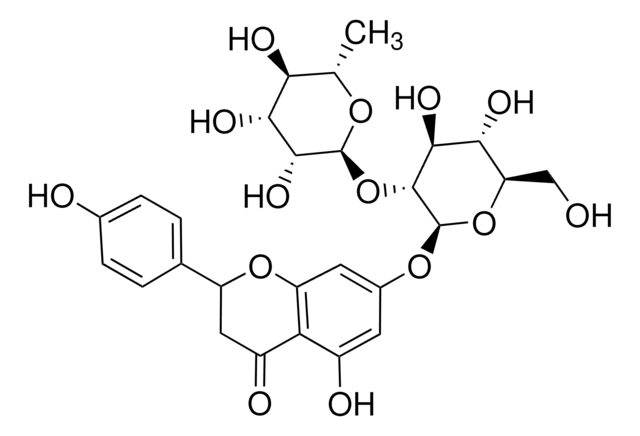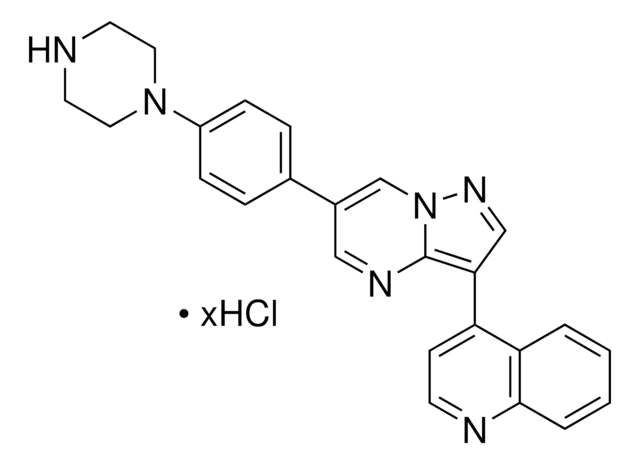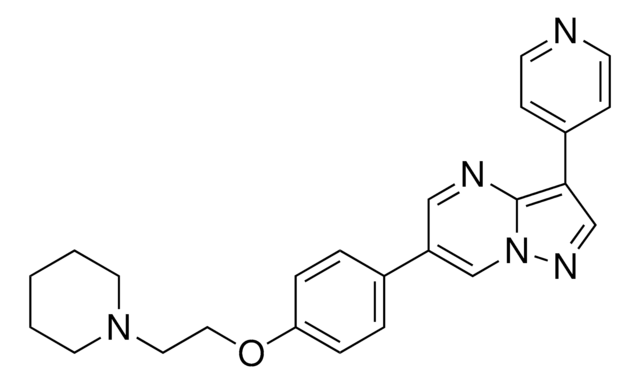SML0116
GW788388 Hydrate
≥98% (HPLC)
Synonym(s):
4-{4-[3-(Pyridin-2-yl)-1H-pyrazol-4-yl]-pyridin-2-yl}-N-(tetrahydro-2H-pyran-4-yl)benzamide hydrate
About This Item
Recommended Products
Quality Level
Assay
≥98% (HPLC)
form
powder
color
white to tan
solubility
DMSO: ≥8 mg/mL
originator
GlaxoSmithKline
storage temp.
2-8°C
SMILES string
O.O=C(NC1CCOCC1)c2ccc(cc2)-c3cc(ccn3)-c4c[nH]nc4-c5ccccn5
InChI
1S/C25H23N5O2.H2O/c31-25(29-20-9-13-32-14-10-20)18-6-4-17(5-7-18)23-15-19(8-12-27-23)21-16-28-30-24(21)22-3-1-2-11-26-22;/h1-8,11-12,15-16,20H,9-10,13-14H2,(H,28,30)(H,29,31);1H2
InChI key
VZRJMBZMFKADGR-UHFFFAOYSA-N
Biochem/physiol Actions
Features and Benefits
Signal Word
Danger
Hazard Statements
Precautionary Statements
Hazard Classifications
Acute Tox. 3 Oral - Aquatic Acute 1
Storage Class Code
6.1C - Combustible acute toxic Cat.3 / toxic compounds or compounds which causing chronic effects
WGK
WGK 3
Flash Point(F)
Not applicable
Flash Point(C)
Not applicable
Choose from one of the most recent versions:
Certificates of Analysis (COA)
Don't see the Right Version?
If you require a particular version, you can look up a specific certificate by the Lot or Batch number.
Already Own This Product?
Find documentation for the products that you have recently purchased in the Document Library.
Customers Also Viewed
Our team of scientists has experience in all areas of research including Life Science, Material Science, Chemical Synthesis, Chromatography, Analytical and many others.
Contact Technical Service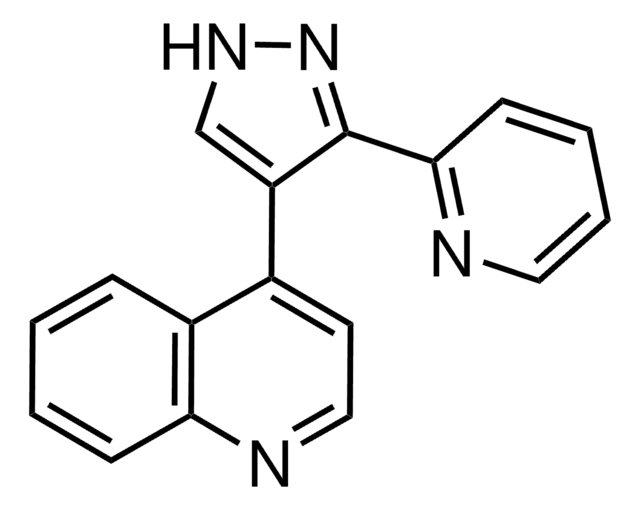
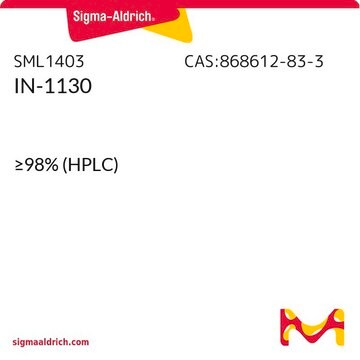
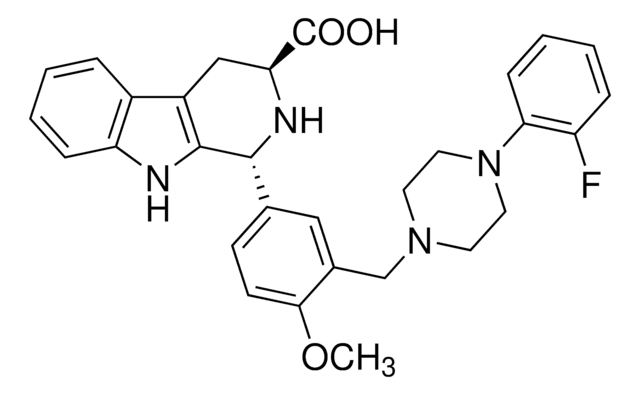
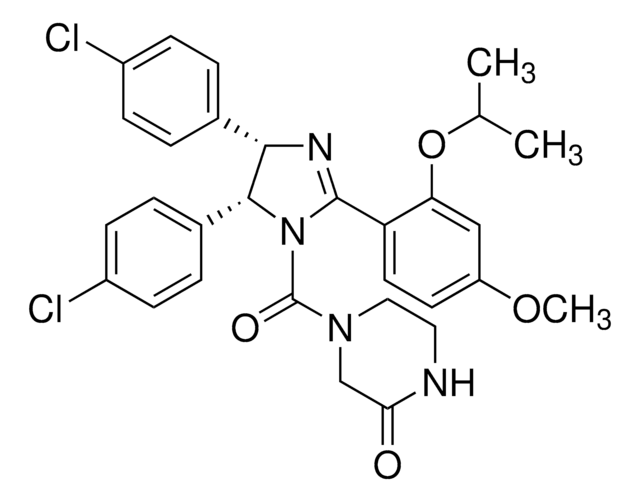
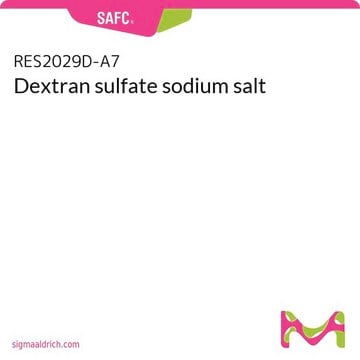
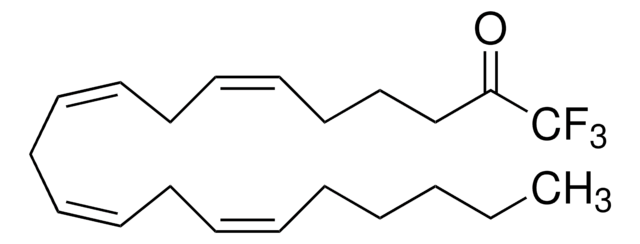
![[6]-Gingerol ≥98% (HPLC)](/deepweb/assets/sigmaaldrich/product/structures/259/444/6877889c-1cc0-47f5-b807-f847deadec1d/640/6877889c-1cc0-47f5-b807-f847deadec1d.png)
